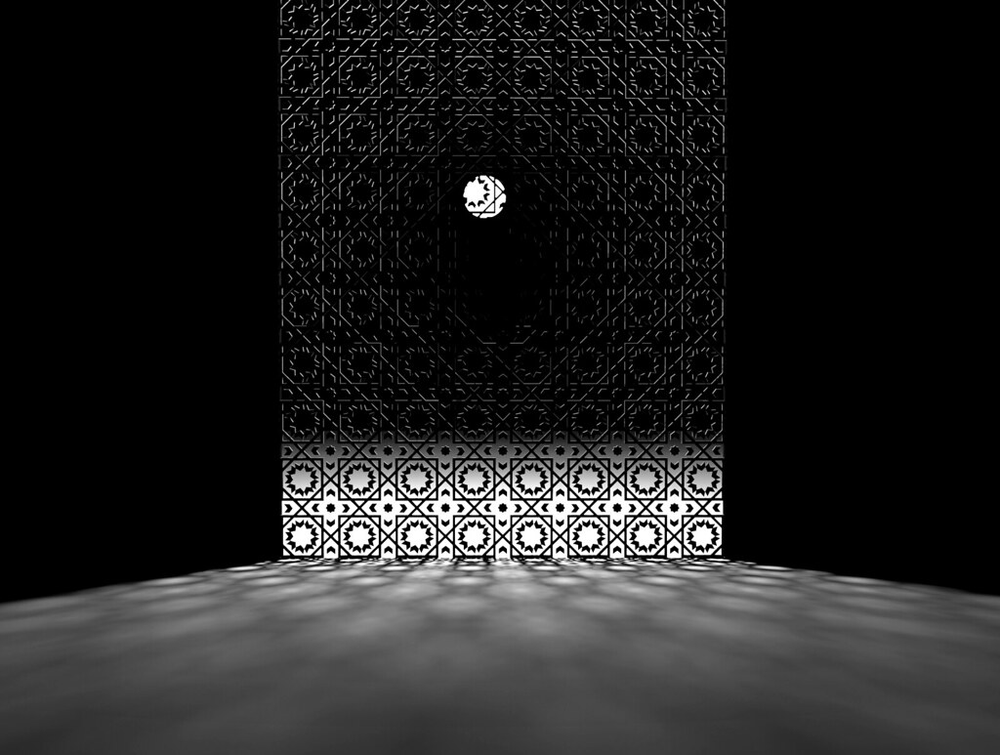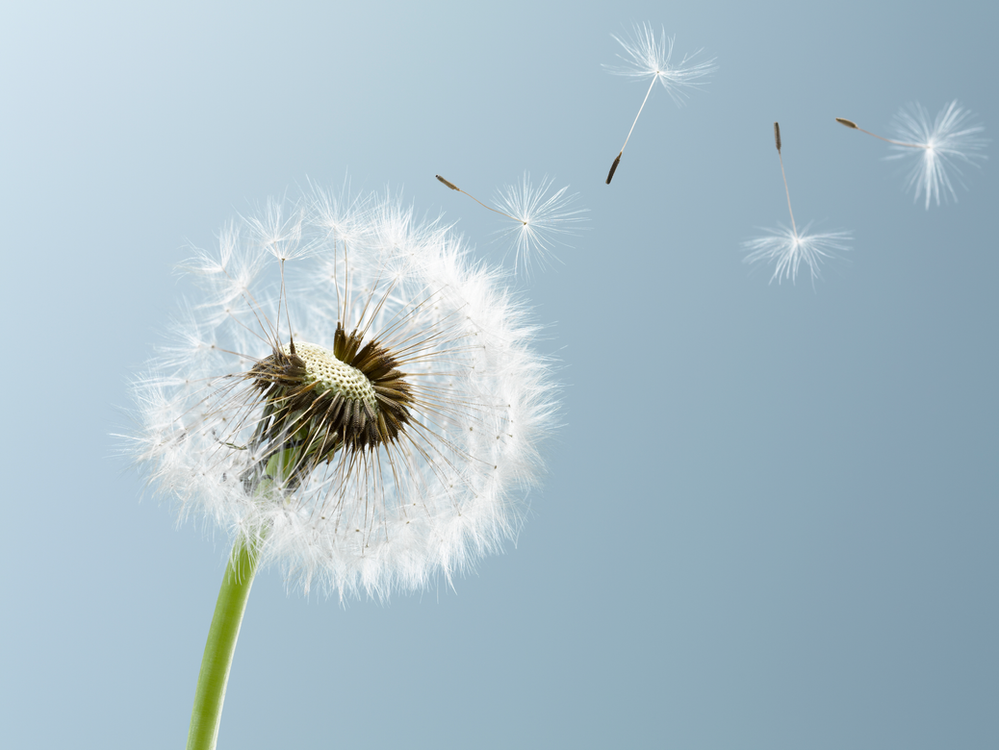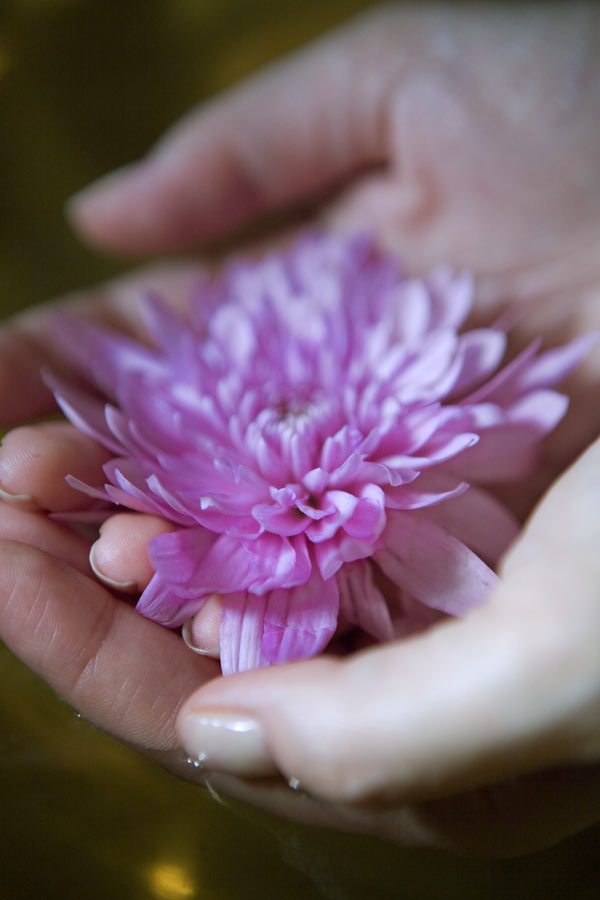
Grief is taboo in our culture. We have lost touch with communal grieving rituals that create a space for us to wail, lament, and mourn the injustices of our fate—which at times seem cruel or meaningless. Instead, we are told that we should be grateful for what we have, that we should focus on the positive. Yet without allowing space for grief, the happy parts of our life remain hollow and empty.
Grief is associated with the yin time of year—that is, the time of year when the energy of the light is waning in intensity and everyone is preparing for the long slumber of winter. This is the fall: the season when the the leaves are dropping and our metaphorical sun is setting for the year. This is our time of exhale and release.
Stages of Grieving
Most of us have heard of the traditional stages of grieving—a quick Google will yield many maps that point to this territory, usually including some combination of the stages of denial, anger, bargaining, depression, and acceptance. These maps are great tools for contextualizing and collectivizing our experience of loss, yet while they help explain what grief may look like, they don’t explain what grief feels like.
Grieving is, first and foremost, a nonlinear and highly individual process. Each and every one of us has lost something of irreplaceable value in our lives, be it the death of a parent, close friend, child, or animal. Or perhaps we have faced a different kind of death, a cataclysmic and irreversible change to our life that changes the very foundation of our being: separation from our birth family as a child, estrangement from our family of origin as an adult, a car accident that leaves us permanently disabled, a mental or physical illness that takes over our life. Or: the sadness of a relationship changing, the end of an era in a certain field of study or work, moving out of a familiar home or town.
Whatever your case may be, there is no one who hasn’t had the experience of losing something or someone they love. Loss and grief are a universal experience—it is part of the cycle of the seasons.
Loss of Self
Imagine you are dying. It is the metaphorical autumn of your lifetime—when all is winding down and you are quietly going inwards and reflecting on all that has been, preparing for the death/gestation of wintertime ahead.
The end of our lives is when we stop identifying with our personal life as much and begin to merge with the collective universal wisdom and totality. We loosen our grip on our sense of self-importance and individual burdens and achievements, widening our gaze to span a greater sense of time, space, and lessons contained therein. If you’ve ever been around someone who is about to die, you’ll likely have had the experience of a far-offness about them—as though they have one foot in this world and one in the other. The perspective, wisdom, and insight they express usually have a spaciousness that feels like open sky or cosmic stardust.

This inner spaciousness can grip us not only at the end of our life cycle, but when we enter into a grief process as well. When we are not physically but metaphorically dying, this inner void can feel disorienting, like a loss of self—who are we in the face of what we’ve come to identify with and now lost? What remains foundational to our being when the ground underneath us has been removed and we are free falling in a groundless void?
Often this void evokes hopelessness, deep despair, sadness, apathy, depression. People feel like there is something wrong with them for being stuck in this place, or scared because they don’t know how to navigate it.
How do you navigate a space with no road maps? A space that is defined only by loss—loss of orientation, loss of meaning, loss of familiarity and comfort.
Groundless Ground
In a normal post this would be the part where I give you an answer, providing a solution or nugget of wisdom for you to hold onto and prize as a way forward. But how can you find a way forward in a space that doesn’t have direction? A space that just feels heavy and endless?
There is no straightforward path to move through grief, despite what pop psychology might narrate. Grief comes and goes, is unpredictable and often all-consuming. And while we cannot move grief, we can allow ourselves to be moved by it. What if instead of trying to feel better, we slowly allow ourselves to just feel… more?
We are so afraid to feel that we spend years of our lives employing every strategy we have to avoid it at all costs: addictive behaviors, frivolous expenses, bad relationships, distracting media. Yet when grief hits us, it robs us of even that—grief takes away our coping strategies and ability to ignore, and demands we sit with the pain of what is real.
What remains real in the wake of so many falsehoods? Who are you when everything else crumbles and falls away?
Finding Grace + Gold
The value of grief lies in its transformative nature—as a rite of passage into deeper wisdom and growth.
The fallen seeds and leaves of autumn compost and gestate over the winter, becoming the fertile soil in which new plant life rises come springtime. The same is true of our inner cycle of renewal: our grief composts our losses through a metaphorical death and decomposition process that creates fertile soil for new life to gestate and grow.

We grieve by feeling the pain of what we’ve lost. There is no shortcut. There are no guarantees on if or when you will be “over” it. Death requires a total release of everything you thought you were and a surrender to the deep mystery of what is yet to be.
We can die and be reborn many times in our one lifetime if we let ourselves grieve. By grieving what we have lost, we create space to invite new life, growth, creativity, and abundance into our hearts and our lives. Feeling our pain, slowly and gently, is the only way to get there.
Learn more about somatic therapy here.
——————————————————————————————————–




